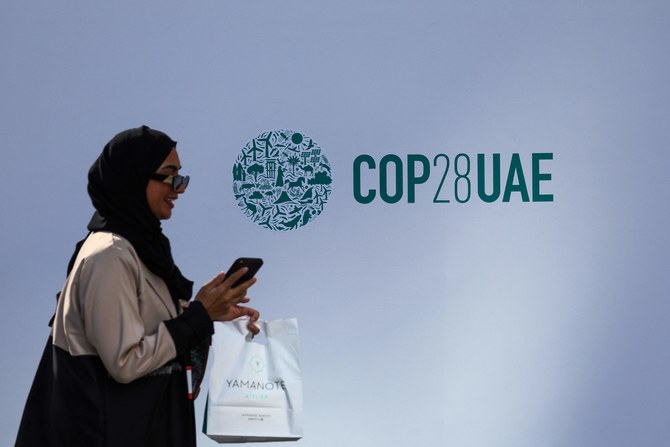
It comes as no surprise that the United States has decided to cease all funding to the United Nations Relief and Works Agency (UNRWA) for Palestine Refugees in the Near East, as the State Department announced this weekend. The US already withheld some UNRWA funding this year, and President Donald Trump canceled $200 million in aid to the West Bank and Gaza earlier in the year.
Trump caused real outrage in the Arab world in April, when he announced he would move embassy in Israel from Tel Aviv to Jerusalem. Former administrations had refrained from doing so, in order to preserve the status of East Jerusalem as the capital of a future Palestinian state.
UNRWA was created in 1949 to look after the needs of the then 700,000 refugees who fled their homes in the newly created state of Israel. Today, there are 5.3 million Palestinians claiming rightful refugee status. UNRWA is dealing with chronic underfunding, exacerbated because the US is its biggest contributor. The work of UNRWA is important: the organization provides education, health and social services for around 5 million Palestinian refugees in the West Bank, Gaza Jordan, Lebanon and Syria.
Just two examples: 526,000 children receive education in 711 schools and the primary health clinics received nine million visits in 2017. On Aug. 9, Jordan’s Foreign Minister, Ayman Safadi, warned UNRWA commissioner general Pierre Kraehenbuehl that he was concerned about a humanitarian crisis, if UNRWA could not solve its funding crisis. Safadi’s voice counts, because Jordan houses the biggest share of Palestinian refugees.
There has always been the debate about whether UNRWA needed reform or not. In defense of the organization, it has to operate under the most difficult of circumstances. Israel’s Benjamin Netanyahu would like to see its work taken over by UNHCR, the United Nations organization tasked with looking after refugees in general. This will not work for two reasons: Firstly, UNHCR is underfunded and overwhelmed looking after refugees from elsewhere. Secondly, it is important to preserve the refugee status of the 5.3 million descendants of the displaced Palestinians from various conflicts, in order to guarantee their inalienable right to return to their homeland.
UNRWA’s inability to continue its operations would lead to a humanitarian disaster.
Cornelia Meyer
The individual looks with despair at the plight of the Palestinian people. The compassionate political observer prays for the powers that be to find a solution to this conflict. The economist looks at the facts in the cold light of the day.
It will be hard to substitute UNRWA’s big funding gap left by the US decision to withdraw. The US contribution was budgeted at $365 million for 2018. Jordan is now leading a fundraising effort. Germany has upped its contribution and its foreign minister, Heiko Maas, has taken it on himself to help rally European nations to raise their contributions. The UAE has pledged an extra Dh258 million. Saudi Arabia initiated higher contributions during the Arab League summit in Dhahran, which King Salman declared the Jerusalem Summit, with an additional $50 million to UNRWA and $150 million for the preservation of Muslim sites in the Holy City. While these efforts are encouraging, they are a far cry from plugging the gaping hole in UNWA’s budget.
Another complaint about UNRWA is that it perpetuates a problem of refugees. Again, it is important to keep the refugee status of the five-million-plus offspring of refugees to guarantee their right of return. UNRWA’s inability to continue its operations would lead to a humanitarian disaster. Jordan, Lebanon, Syria, the West Bank and Gaza do not have the economic means to carry out the basic services with which UNRWA is tasked.
After seven years of civil war, Syria is a failed state, where displaced people exceed two thirds of its domestic population. Jordan and Lebanon are not only housing Palestinian refugees, they are also providing shelter for people who had to flee the conflicts in Syria and Iraq. They cannot be asked to shoulder the whole burden. Withholding basic services from Palestinians would result in further destabilization of those two countries. This cannot be in anybody’s interests.
Lastly, there is the inalienable right of Palestinians to return, which has an economic component as well. When their ancestors had to flee, they left behind property, houses and land that were de facto expropriated. However, if their inalienable right to return is challenged or withdrawn, they will also be expropriated de jure. This in turn would have an effect on any form of settlement.
Kraehenbuehl made a powerful statement on UNRWA’s website: “The international community has a moral responsibility to sustain vital services such as education and health for the Palestine refugees until the conflict is settled. Because dignity is priceless.” He is right. Dignity is priceless. Hopefully the international community gets the message.
Cornelia Meyer is a business consultant, macro-economist and energy expert. Twitter: @MeyerResources
Disclaimer: Views expressed by writers in this section are their own and do not necessarily reflect Arab News" point-of-view












